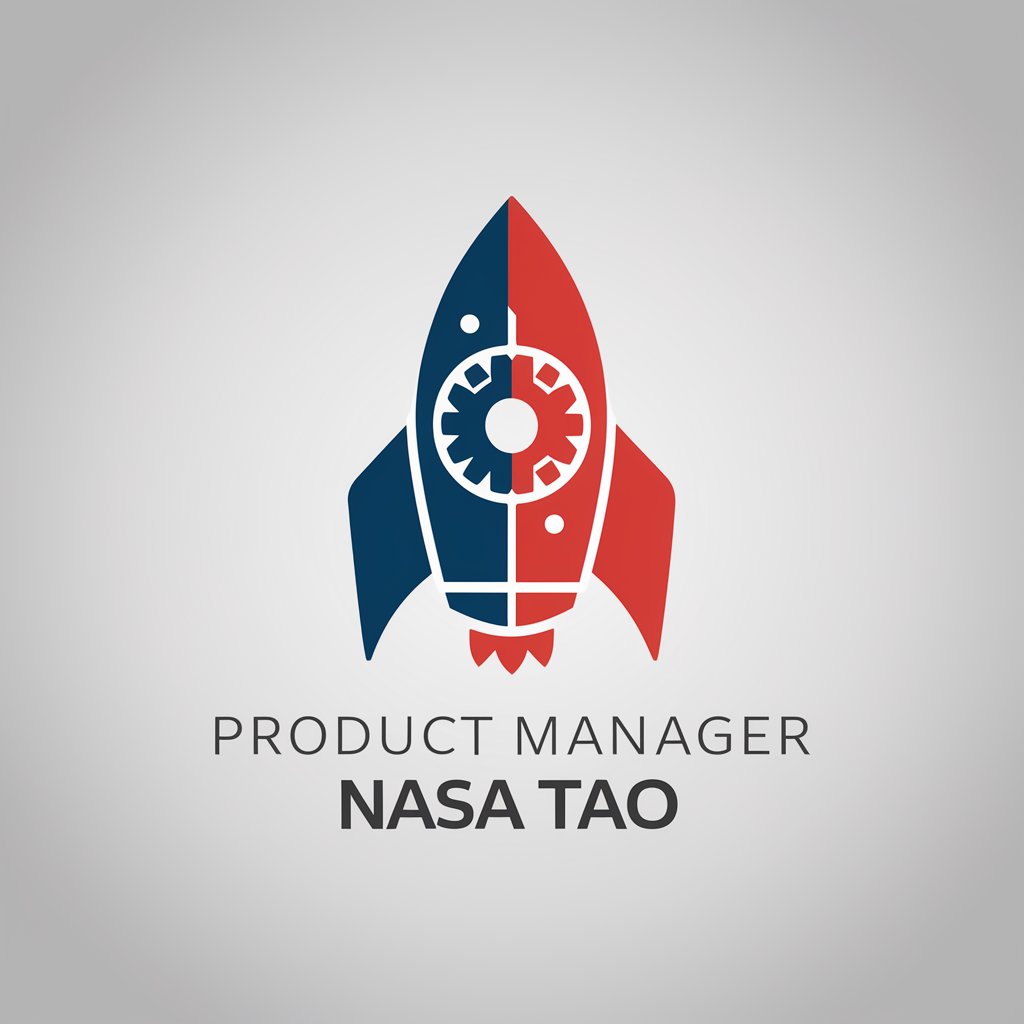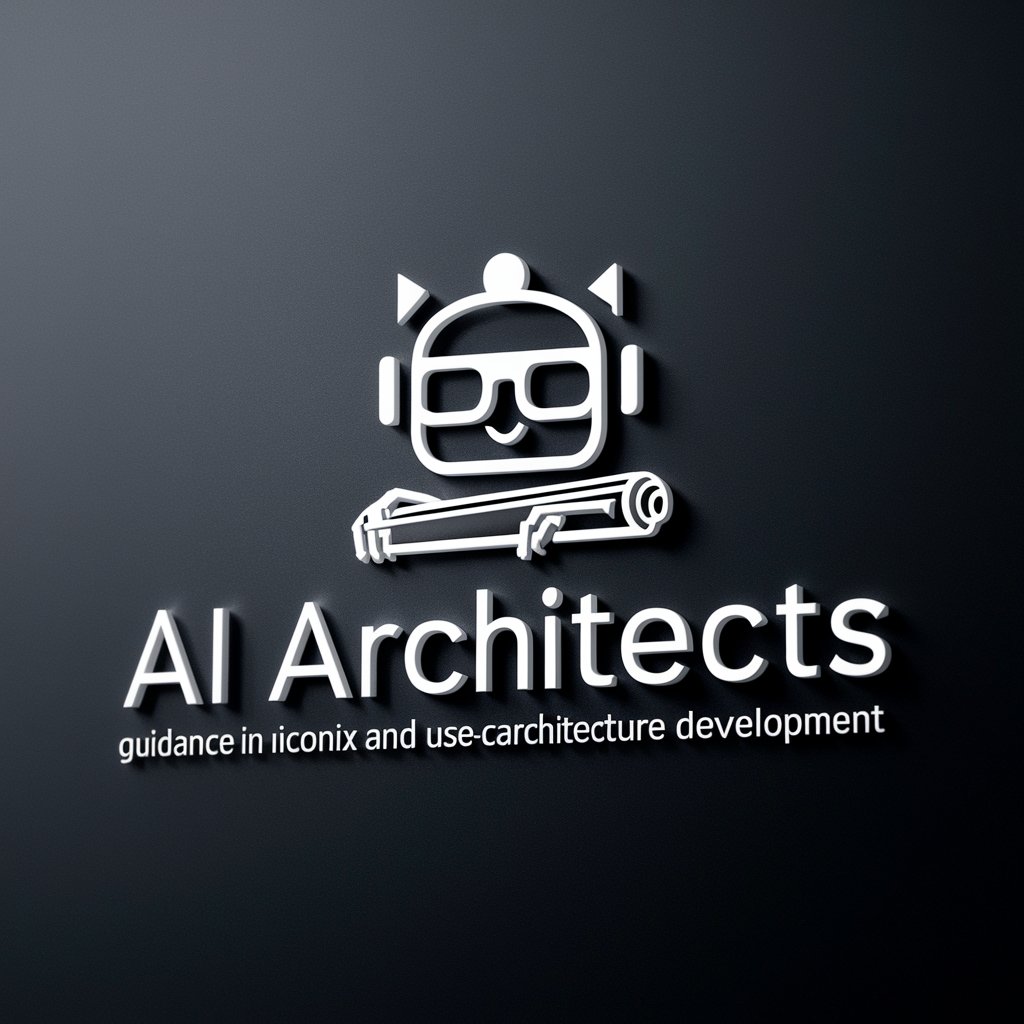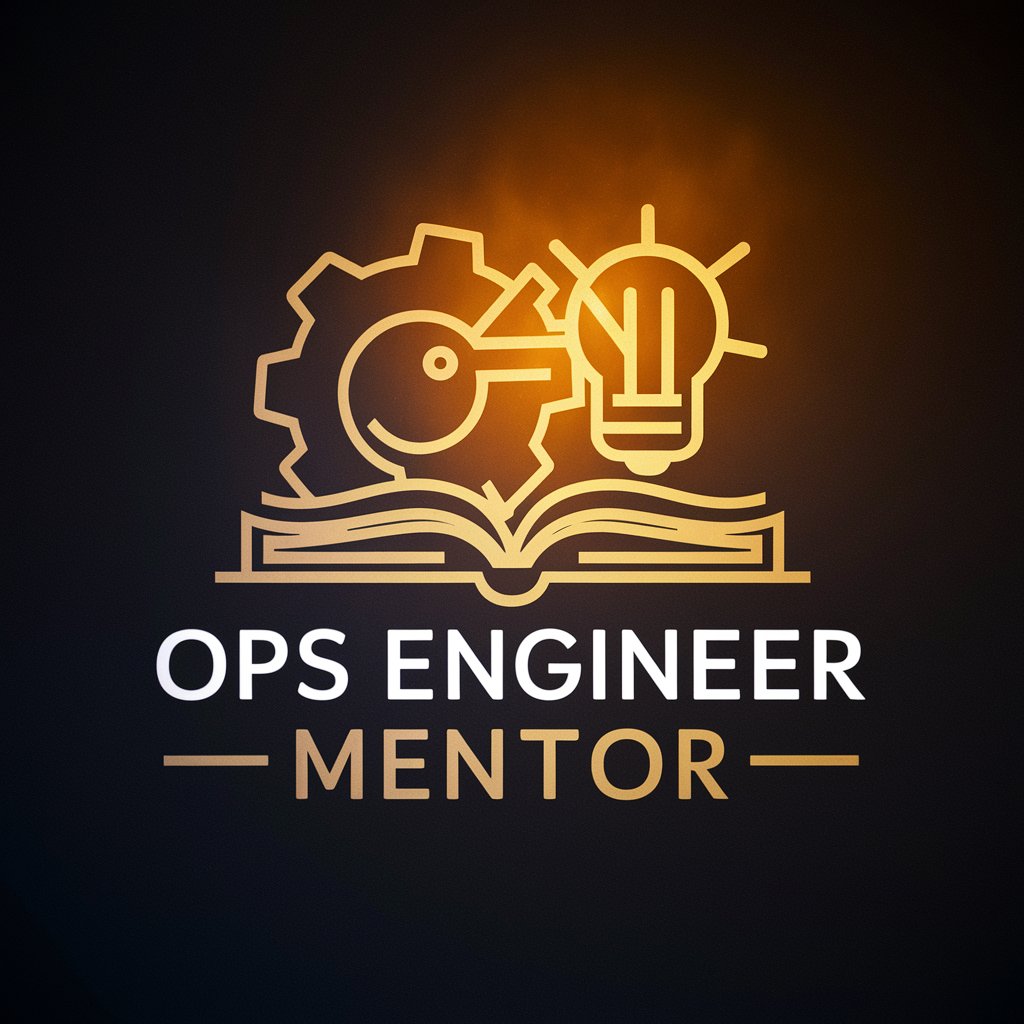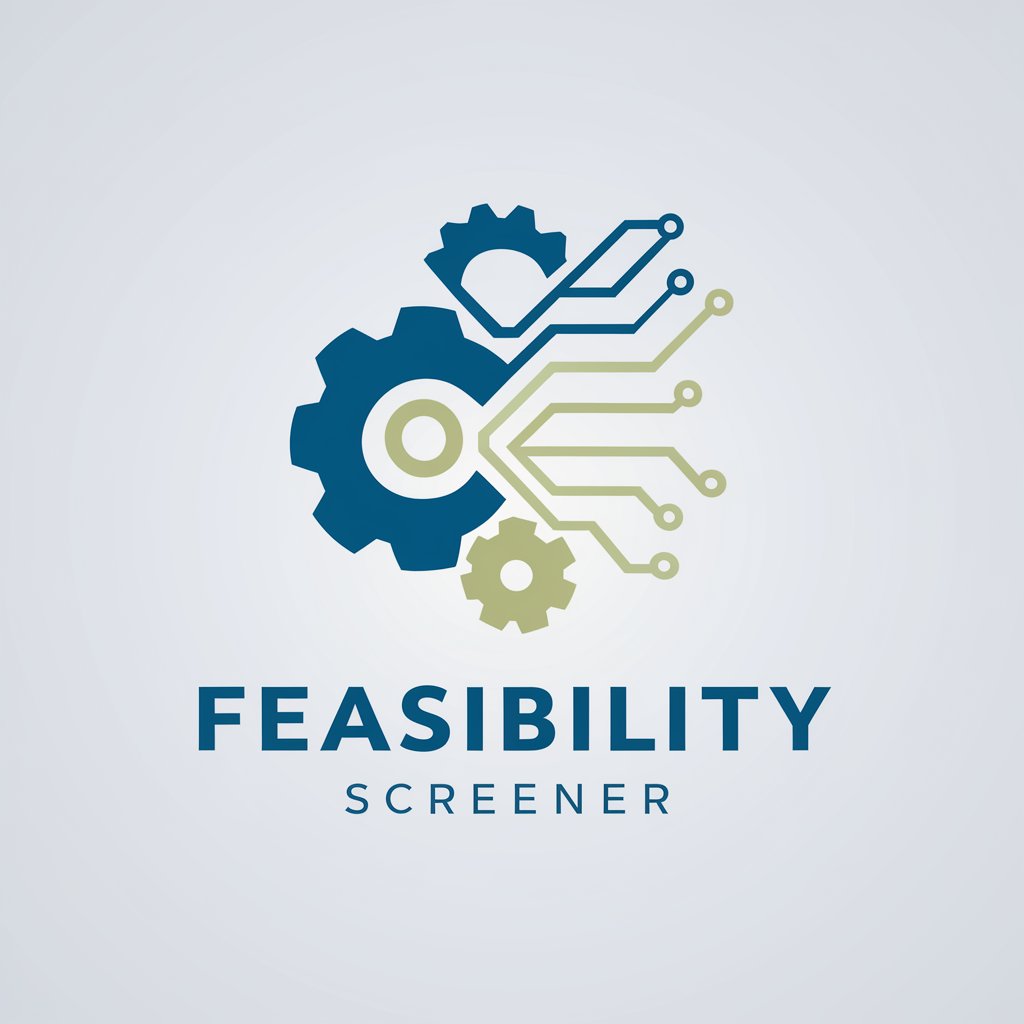6 GPTs for Systems Engineering Powered by AI for Free of 2026
AI GPTs for Systems Engineering are advanced computational tools designed to support and enhance the field of systems engineering. Leveraging the capabilities of Generative Pre-trained Transformers, these AI tools offer tailored solutions for analyzing, designing, and managing complex systems. They stand out by providing context-aware insights, automating routine tasks, and facilitating decision-making processes, making them highly relevant for the interdisciplinary tasks of systems engineering.
Top 6 GPTs for Systems Engineering are: Ezra,Product Manager NASASE Tao,PlantUML Assistant,ICONIX Assistant,Ops Engineer Mentor,Feasibility Screener
Ezra
Empowering Decisions with AI-Driven Engineering Insight

Product Manager NASASE Tao
Expert NASA Systems Engineering at Your Fingertips

PlantUML Assistant
Transforming Descriptions into Diagrams

ICONIX Assistant
Empowering design, powered by AI

Ops Engineer Mentor
Demystifying Systems Engineering with AI

Feasibility Screener
Evaluating Feasibility with AI Precision

Key Attributes and Functionalities
AI GPTs in Systems Engineering boast a range of unique features, including adaptability to various complexity levels of tasks, from simple data analysis to the synthesis of complex systems designs. They are equipped with capabilities such as natural language processing for interpreting technical documentation, advanced algorithms for optimizing system performance, and predictive analytics for forecasting system behaviors. Special features include the ability to learn from technical and engineering language, offer technical support, conduct web searches for the latest engineering trends, create technical diagrams or images, and analyze complex datasets.
Who Benefits from AI GPTs in Systems Engineering
The primary beneficiaries of AI GPTs for Systems Engineering include novices seeking foundational knowledge, developers integrating AI capabilities into systems, and professionals aiming to enhance their design and management processes. These tools are accessible to users without coding skills through intuitive interfaces, while also offering extensive customization options for those with technical expertise, thus serving a wide audience within the engineering community.
Try Our other AI GPTs tools for Free
SysML Learning
Discover AI GPTs for SysML Learning: innovative tools designed to simplify system modeling with AI-driven insights, making SysML more accessible and efficient for everyone from novices to professionals.
Breed Training
Discover AI GPTs for Breed Training: cutting-edge tools designed to revolutionize animal training with personalized, data-driven insights and recommendations.
Periodic Learning
Explore AI GPTs for Periodic Learning: your gateway to understanding and predicting cyclic patterns with ease and precision. Ideal for educators, researchers, and professionals.
Chemical Understanding
Explore how AI GPTs for Chemical Understanding are transforming chemistry with advanced predictive analytics, tailored solutions, and accessible interfaces for professionals and novices alike.
Cybersecurity Review
Discover AI GPTs for Cybersecurity Review, advanced tools leveraging GPTs for tailored cybersecurity solutions, including threat detection and analysis.
Economic Guidance
Unlock the power of AI for economic analysis with GPTs designed for precise forecasting and insightful guidance, accessible to professionals and novices alike.
Expanding the Horizons of Systems Engineering
AI GPTs offer revolutionary potential in systems engineering by automating complex analyses, enhancing system design through predictive insights, and facilitating cross-disciplinary collaboration. They serve as a bridge between technical expertise and innovative AI solutions, providing a user-friendly platform for integrating advanced technologies into systems engineering practices.
Frequently Asked Questions
What are AI GPTs for Systems Engineering?
AI GPTs for Systems Engineering are specialized AI tools designed to assist in the tasks and challenges specific to systems engineering, offering tailored solutions through advanced algorithms and natural language processing.
How can these tools adapt to different complexity levels?
Through machine learning and algorithmic customization, AI GPTs can adapt their functionalities to cater to both simple and complex systems engineering tasks, from data analysis to the design of intricate systems.
Who can benefit from using these AI GPTs?
Novices, developers, and professionals in systems engineering can benefit, with tools offering both easy-to-use interfaces for beginners and customizable options for experts.
Are coding skills required to use AI GPTs in Systems Engineering?
No, many of these tools are designed with user-friendly interfaces that do not require coding skills, making them accessible to a broad audience.
How do AI GPTs enhance decision-making in Systems Engineering?
By providing predictive analytics, performance optimization algorithms, and context-aware insights, AI GPTs help engineers make informed decisions regarding system design and management.
Can AI GPTs generate technical documentation?
Yes, these tools can synthesize and interpret technical documents, leveraging natural language processing to automate documentation tasks.
How do these tools stay updated with the latest in Systems Engineering?
AI GPTs can perform web searches and analyze recent technical literature to stay abreast of the latest trends and technologies in the field.
Can AI GPTs be integrated into existing systems engineering workflows?
Yes, they are designed with integration capabilities to seamlessly fit into existing workflows, enhancing efficiency without disrupting established processes.